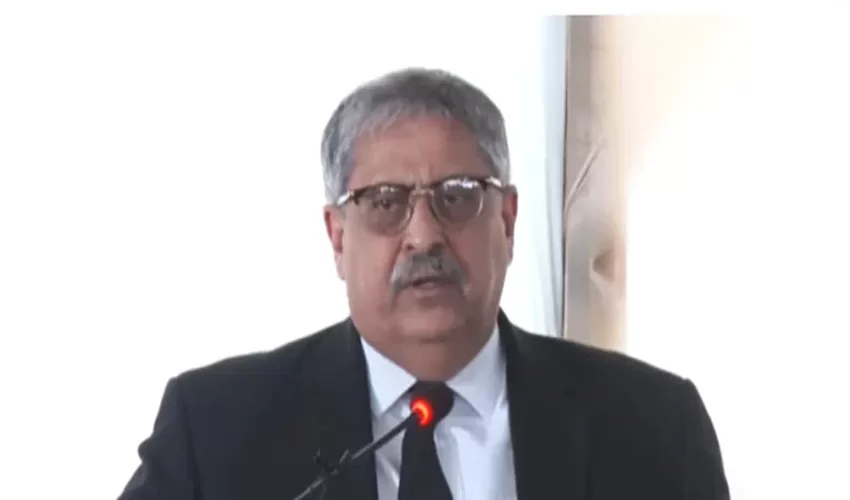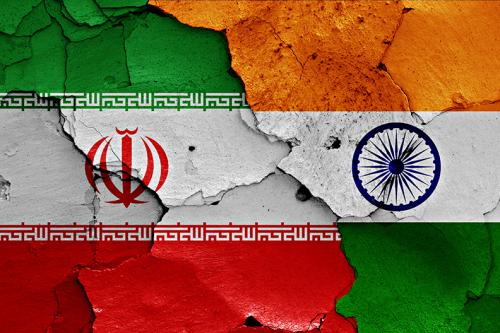Supreme Court Justice Athar Minallah asserted on Saturday that judges should remain uninfluenced by social media, emphasizing that any impact on a judge from such platforms would constitute a violation of their oath. Speaking at the second law bridge workshop on superior court reporting in Islamabad, Justice Minallah stressed that while constructive criticism of the judiciary is welcomed, trust in the judicial system should also be maintained, even by its critics.
Discussing the constraints on freedom of speech in the country, Justice Minallah pointed to the initiation of censorship after the state’s censoring of Quaid-e-Azam Muhammad Ali Jinnah’s August 11, 1947 speech. Recalling his initial case as a judge involving a 16-year-old suspect accused of displaying a banner against a top court judge, he highlighted the need to scrutinize the circumstances behind such incidents.
Justice Minallah remarked that the breach of oath was a significant factor in the division of Pakistan, and he acknowledged the challenges in controlling the expression of opinion in the technological era. While recognizing the economic interests of vlogging journalists, he advised them to maintain balance in their comments.
Although Justice Minallah stated that he considered himself unworthy of dictating a reporter’s ethics, he did caution journalists against violating ethical standards, particularly in revealing the identity of a child or woman or misreporting information.
18th amendment and problems to freedom of expression
Reflecting on the 18th constitutional amendment, Justice Minallah disclosed that he believed the Supreme Court should not interfere in constitutional amendments, emphasizing that he would resign if the 18th amendment were annulled.
Justice Minallah warned against external pressures affecting the judiciary and emphasized that judges should stand firm in upholding the principles of justice without succumbing to panic or fear. He underscored the judiciary’s role as a steadfast pillar unaffected by external influences.
More to read:Symbol setback for PTI spurs innovative social media campaign
In the historical context of Pakistan, Justice Athar Minallah acknowledged the challenges faced by the country, with half of its history spent under dictatorship, limiting freedom of expression. He recognized the vital role of journalists in facilitating the expression of opinions and stressed the significance of acknowledging the truth even when inconvenient.
Highlighting the importance of freedom of expression in a democratic society, Justice Athar Minallah urged the nation to reflect on its direction, advocating for decisions and conversations aligned with the collective will. He concluded by emphasizing the solution to the country’s problems lies in the implementation of the constitution and adherence to its principles.














